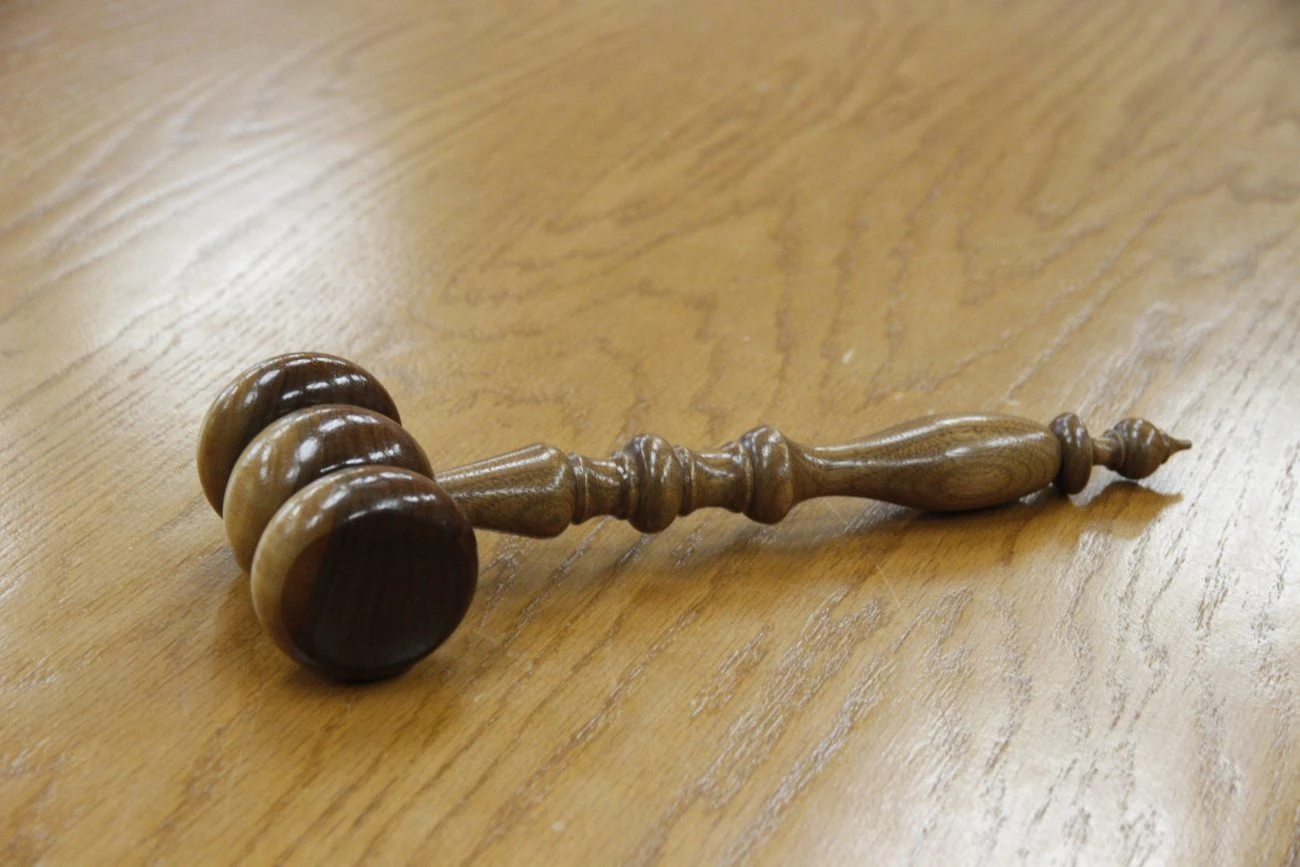Dutch court throws out personal data case against Unibet

Amsterdam’s District Court on Monday dismissed a case involving several players seeking damages from Kindred Group’s Unibet over the alleged mishandling of personal data.
Gokverliesterug, an organisation that manages claims against unlicensed online gambling operators, represented the players. It argued that the players in question were not given access to their data when requested.
According to the claim, Gokverliesterug said the players gambled with several Dutch-facing websites under the Unibet brand. Activities were said to have taken place between 2010 and 2024.
The Netherlands did not open its legal online gambling market until 1 October 2021. Unibet was active in the country before this and has since secured a licence to operate in the Dutch market.
Players had contacted Unibet to establish what personal data the operator had collected during their time gambling with the brand. In November 2023 and April 2024, two players were presented with overviews that included transaction and gaming histories.
However, after this, Unibet did not release any further data. The claim said Unibet had either instructed the players to submit their request a different way or that it needed more time to process the demand. Unibet was also said to have disputed whether it was legally required to release data, referencing Maltese law, where parent Kindred – now part of FDJ United – is registered.
With this, Gokverliesterug filed the case demanding the data be released. It also called for a financial settlement for the players and to cover the cost of proceedings.
Unibet victorious as court disputes data claim
However, the court did not see the case the same way. It noted Unibet’s defence in that it supported General Data Protection Regulation (GDPR), which protects player data from being released or shared.
Unibet said Gokverliesterug’s request did not meet the requirements of Article 79, paragraph 2 of the GDPR. This section said only a “not-for-profit body, organisation or association” may represent a player if they have that person’s personal data and protection in mind.
Unibet argued Gokverliesterug only took on the case with a motive to make a profit. On its website, Gokverliesterug said it takes 36% of any recovered losses from gambling operators. Unibet also stated that the organisation was not a not-for-profit as required by GDPR.
Gokverliesterug responded by saying GDPR does not create an “exclusive” legal framework. It denied a full profit motive, claiming it has drawn external financing from a third party to support its activities. It added that its 36% cut of winning cases “does justice to the very large financial risk that the litigation funder takes”.
However, the court said Gokverliesterug failed to provide relevant documents to prove it was not profit-focused during this case. The court also said it was not made clear that the organisation was only a “managing partner” to the players fighting the case, rather than having financial gain in mind.
With this, the court declared Gokverliesterug “inadmissible” in its claims. The organisation was ordered to pay a court fee, lawyer’s salary and additional costs, amounting to €2,553, to both Kindred and partner Risepoint.
